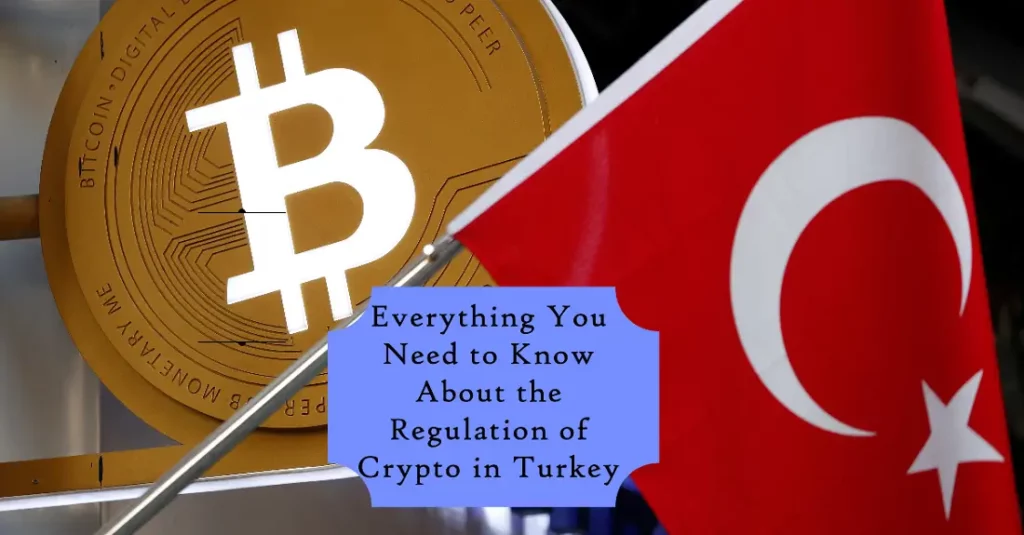As a popular and widely acknowledged investment strategy, cryptocurrency has drawn interest from both novice and seasoned investors. Every country has rules and regulations governing the legalization of cryptocurrency because of investor protection, financial stability, the avoidance of money laundering and financing of terrorism, taxation, consumer protection, market integrity, concerns about national security, international compliance, the prevention of fraud and scams, and central bank control. Because of this, it is best for those who plan to diversify their investments through buying it to understand how it is regulated in their nation. We will focus all of our information in this article on what you need to know about the regulation of crypto in Turkey.
Turkey’s Regulation of Cryptocurrencies
Some Turkish authorities are concerned about the rules and regulations governing crypto in Turkey. As a result, the regulations have been extended to certain organizations in the cryptocurrency sector. The relationship between the relevant bodies and the rules and regulations is as follows.

Regulation of cryptocurrency exchanges
MASAK (the Financial Crimes Investigation Board), a financial regulatory body, was established by the Turkish government to monitor the operations of financial institutions and cryptocurrency exchanges operating in Turkey. This regulatory body is in charge of preventing financial crimes such as money laundering and the financing of terrorism. MASAK requires cryptocurrency exchanges that operate in Turkey to register. The exchanges must also establish strong customer identification procedures and notify MASAK of any suspicious transactions in order to maintain tight compliance with anti-money laundering and counter-terrorist financing laws.
Income tax on crypto in Turkey
Crypto in Turkey is subject to taxes, especially on gains in capital. Any difference between the price at which you buy and sell a cryptocurrency is subject to capital gains tax. Keep in mind that depending on how long you hold a cryptocurrency, different capital gains tax rates may apply. Long-term capital gains—those with a holding period longer than a year—are taxed at a lower rate than short-term capital gains, which are subject to a higher rate. It is expected of Turkish cryptocurrency traders to keep their records and report their activities to the tax authorities. When they file their yearly tax returns, they must disclose the gains and losses from their cryptocurrency trading.

Central bank regulations and government intervention
While investing in crypto in Turkey is perfectly legal, using it to buy goods and services is not. By outlawing the use of crypto in Turkey and other digital assets in Turkey for purchasing goods and services, the Central Bank of the Republic of Turkey has significantly contributed to the regulation of cryptocurrencies. Their priorities are safeguarding the Turkish lira and preventing possible illicit uses of cryptocurrencies. This has sparked worries about the potential for increased government intervention. Cryptocurrency proponents want to find a middle ground between addressing regulatory concerns and allowing innovation in the cryptocurrency space. The Turkish government is now interested in creating a digital currency issued by the central bank.
Concluding Thoughts on the Regulation of Crypto in Turkey
This article has examined Turkey’s regulation of cryptocurrencies from a broad perspective. Please note that these regulations are subject to change. As a result, make sure you stay up to date on crypto in Turkey.